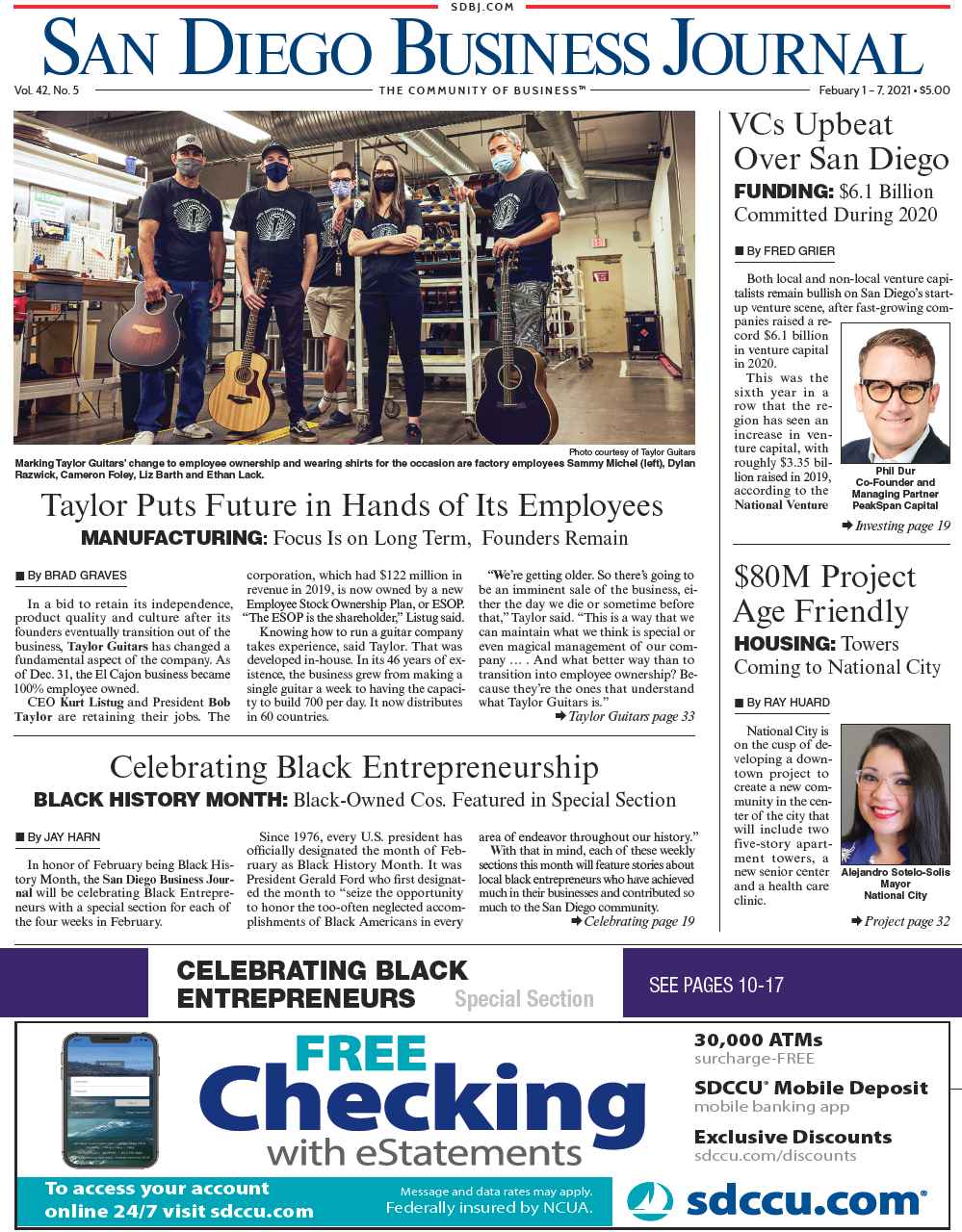Crystal Sargent recalled being out with a girlfriend about five years ago, at a little neighborhood bar and grill in Bay Park. The two got to talking about how they might start their own company, and Sargent left the restaurant with an idea in her head. “I put it on the back shelf,” she said.
Sargent, who had worked in the banking world for more than two decades, had two life-changing events that convinced her the time to act was now.
First, her career with her longtime corporate employer came to an end. She then spent time in Greece and France. She was in Nice on the French Riviera when a terrorist in a truck drove through a crowd, taking the lives of many people near her.
Grateful to be back on U.S. soil again, Sargent got to thinking about what she might do with her time.
A New Start
The result is Invested Advisors Inc., which she founded in 2016. The firm offers a variety of business consulting services, including marketing and communications. Invested Advisors also provides event marketing support and advice for financial institutions, government agencies and privately held business.
Market research, management consulting, marketing strategy, brand consulting, leadership development and digital marketing are among its specialties.
“We feel like we can come to the table with more solutions than a creative firm, and we’re more entrepreneurial than some of the larger consulting firms,” Sargent said. Instead of being a firm that pops in and out of a client’s operations, Invested Advisors wants to grow with its clients and be a partner.
Almost five years into her business, Sargent can look back on a number of successful projects.
She has won 10 contracts with the California Army National Guard and has done work for the Bureau of Ocean Energy Management in Louisiana. The latter is a federal agency that shares information on the health of the environment in the Gulf Coast to parties as diverse as the environmental community and the oil and gas industry.
Another client has been the city of Oceanside, which promoted workforce training classes available through MiraCosta College.
A Varied Market
Sargent spent 25 years leading marketing and sales departments at commercial and private banks. “Banks attract business and consumers from all walks of life,” she said, so she had to be strategic in how to attract a wide variety of clients.
She is originally from Chicago and went to college in Madison, Wisconsin. She spent the early part of her career in the Upper Midwest. Sargent was recruited to come to California when a local bank needed help with marketing and regulatory affairs.
Sargent’s business is certified as a disadvantaged business enterprise, or a DBE, by the U.S. Department of Transportation. DBEs are for-profit small businesses where socially and economically disadvantaged individuals own at least a 51% interest and manage the business. African Americans, Hispanics, Native Americans, Asian-Pacific and Subcontinent Asian Americans are presumed to be socially and economically disadvantaged, according to the department.
The department specifies that such businesses must have annual revenue of less than $23 million.
Such certification is nice to have, but it is “not a guarantee you will win any contracts,” Sargent said.
Federal and state government agencies have similar set-aside programs for women owned businesses and veteran owned businesses.
A misconception about work in the public sector is that it is price driven. “It really is about proven performance,” Sargent said.
Staying Nimble in a Changing Market
Invested Advisors had a separate division dealing with corporate travel. That work abruptly came to an end when the world started dealing with the coronavirus pandemic.
Sargent compared her situation to being in a twin-engine jet, and having one engine fail in flight. She was able to keep going with the strength of the other engine.
“We have managed through a global pandemic and grown the operation, despite losing the meetings and events side,” she said.
Today, Sargent can look back with a sense of satisfaction.
“We’ve been in business for four years,” Sargent said. “Most businesses don’t make it through five.”

